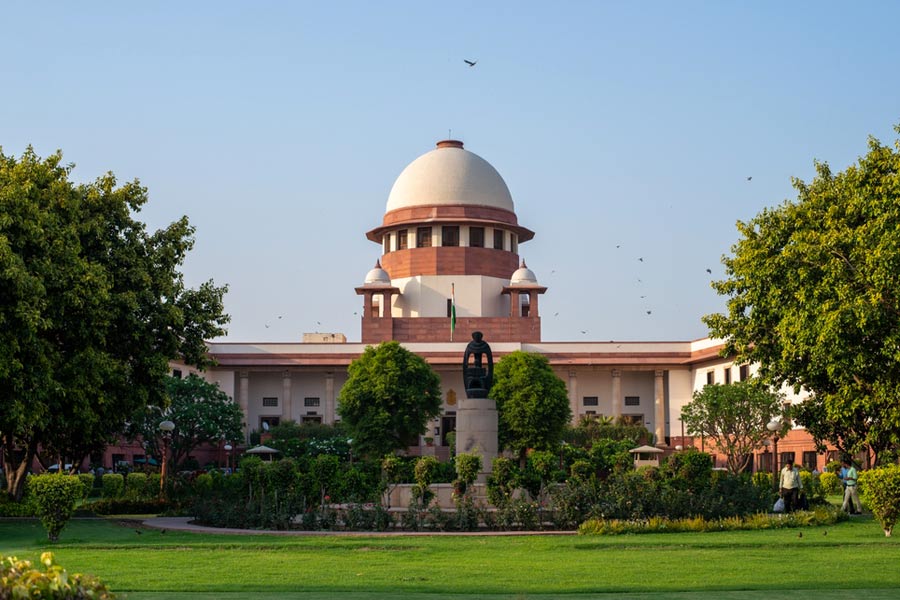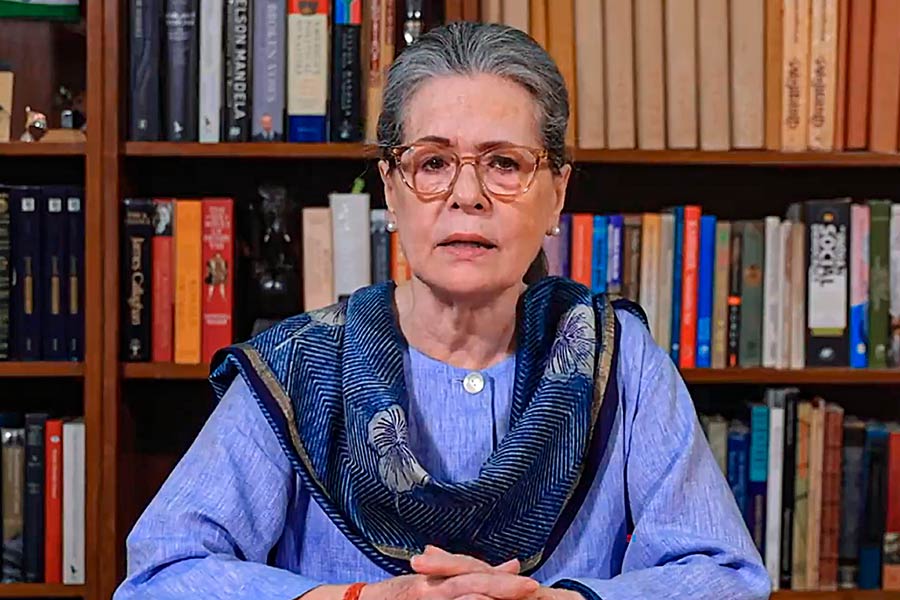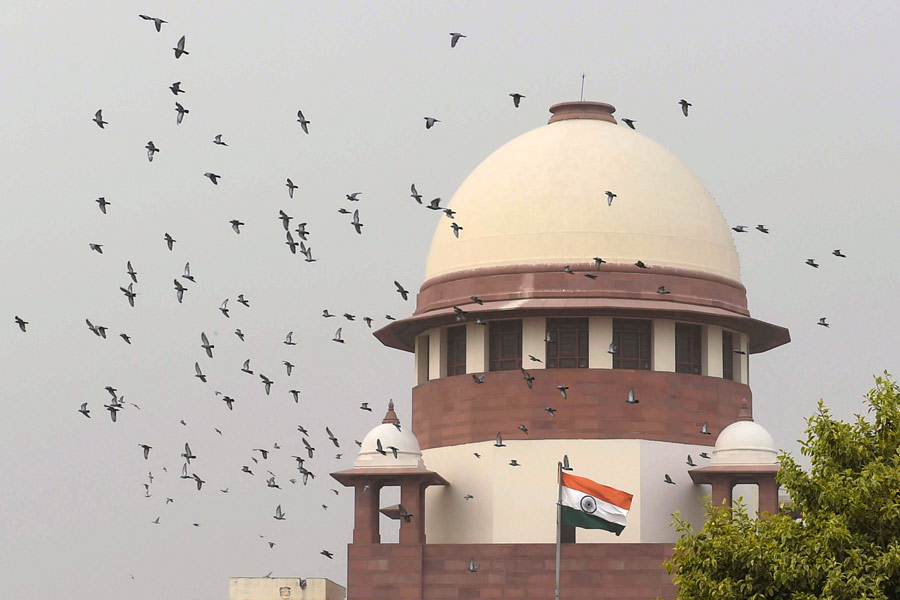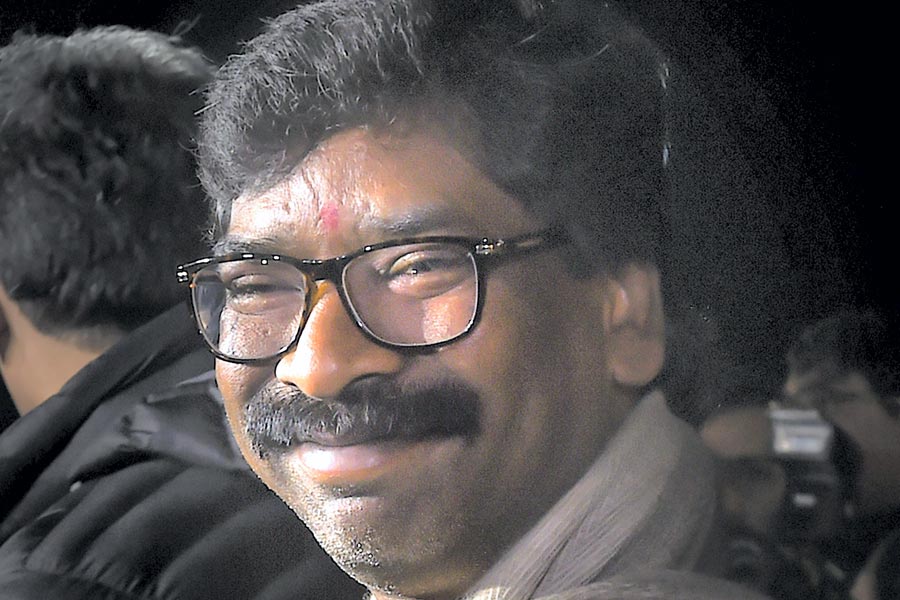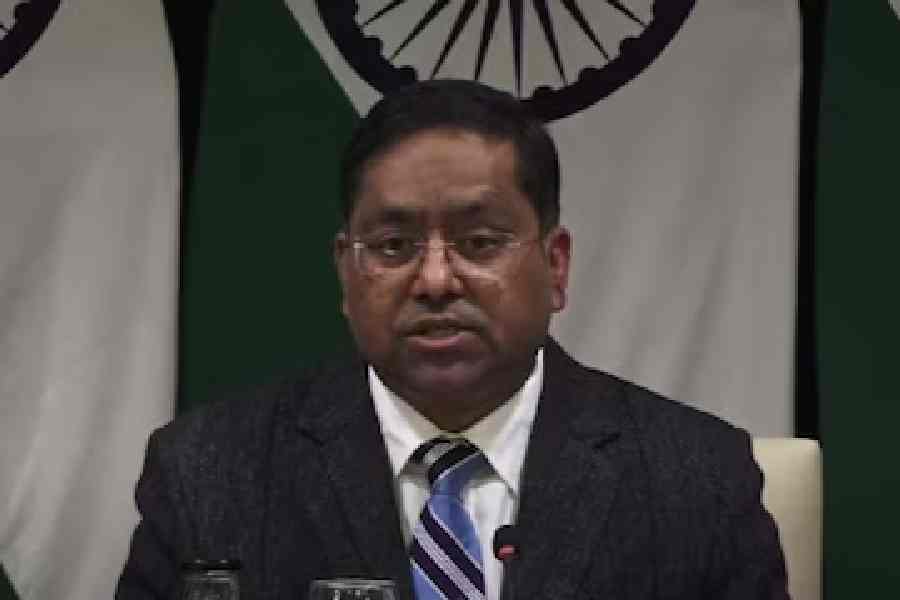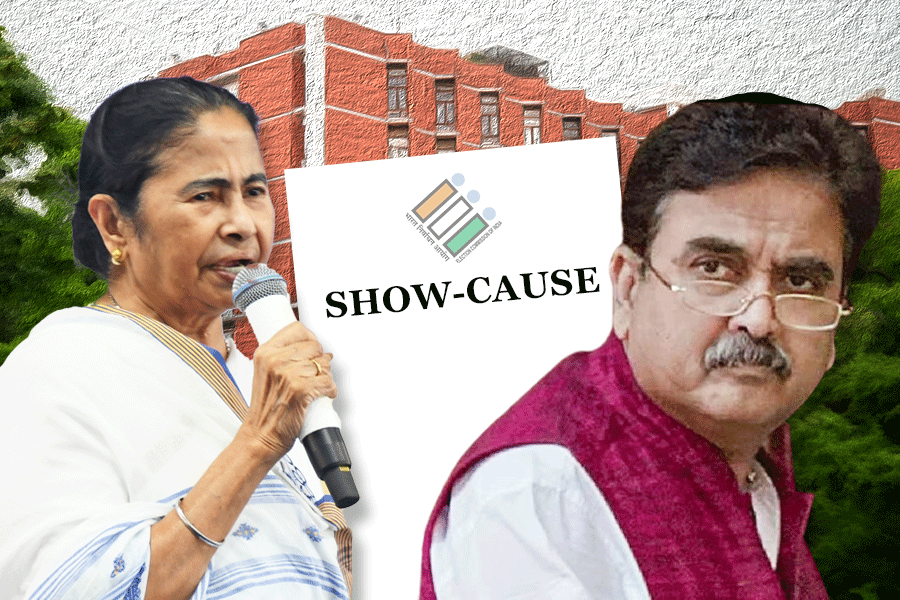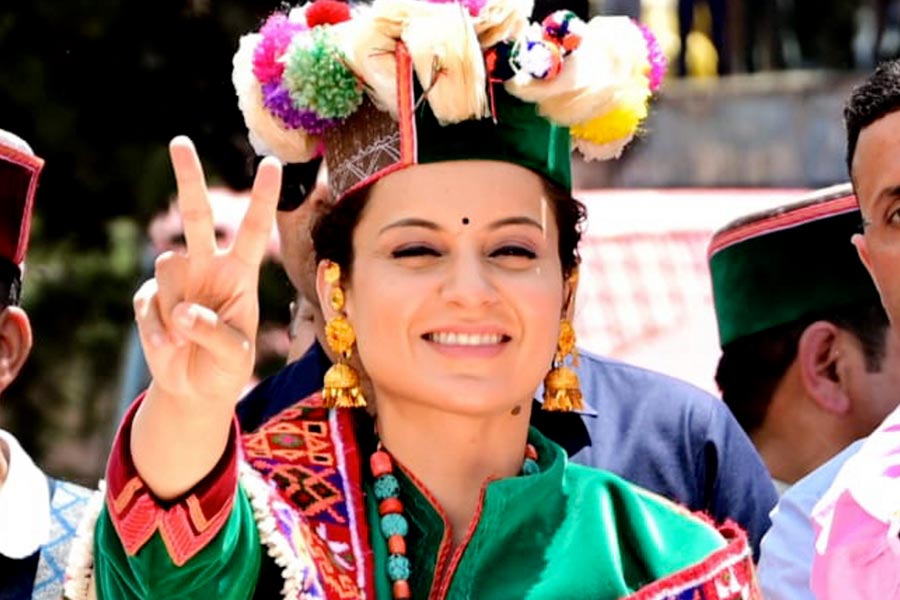The deepening of democracy in India is often measured by such diverse parameters as the regularity and the fairness of elections, the number of political parties, the size of the electorate and so on. What is seldom acknowledged is the contribution of corresponding technological advancements that make such a mammoth exercise of adult franchise possible in the first place. The introduction of the electronic voting machine, which replaced the paper ballot in a phased manner, must count as a central tenet in electoral democracy’s evolution in India. It is, therefore, heartening that in separate but concurrent judgments, a bench of the Supreme Court upheld the constitutional validity of EVMs, dismissing, in the process, a clutch of petitions seeking a return to paper ballots or a 100% cross-verification of votes cast on EVMs with the voter verifiable paper audit trail. The highest court’s argument was a mix of logic and progressivism. The return to an archaic mode of enumeration of votes, as demanded by the petitioners, would lead to unnecessary delays, require greater investments in manpower and, most importantly, leave the system vulnerable to manipulation and error. The apex court was equally correct when it observed that a comparison with European nations that have returned to the paper ballot system is unjust given the massive scale of and the layered challenges that confront India’s elections. The guidelines issued by the Supreme Court to further strengthen the integrity of elections are welcome and would augment public trust in the poll process.
This issue of consolidating trust is of vital importance. Indeed, democracy’s sanctity depends on a public vote of confidence in the electoral endeavour. The fact that the Supreme Court was approached by petitioners to examine such a subject could well be interpreted as a sign of a growing disenchantment with — a lack of trust in? — processes and institutions that are central to elections. This is a matter of concern and does not deserve to be politicised in the manner done by the prime minister: Narendra Modi described the verdict as a “tight slap” on the face of his political opponents. If the functioning of key institutions has dented the confidence of even a minuscule segment of the citizenry, the causes of the cynicism need to be assessed and addressed. That is the democratic way.

